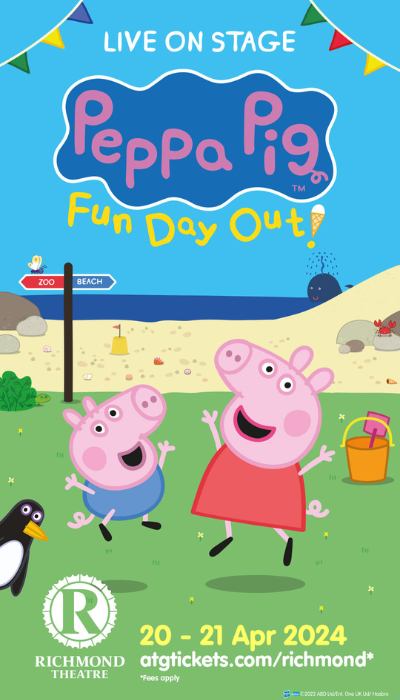Susan Elkin explains how new staff can keep teaching fresh in schools
Seasons of mists, mellow fruitfulness and new teachers. Almost every school in the country starts the school year with some new staff this month. That means new faces for children to adjust to and a new dynamic in the staff room.
Some teachers will be bright eyed and bushy tailed in their first job. That probably means they have a three year degree and a one year Postgraduate Certificate in Education (PGCE) and may be as young as 22, just four years older than some of their sixth form students if they’re in a secondary school. I remember that well. I was 21 when I started in an all boys’ secondary school in Deptford as my book Please Miss, We’re Boys (Kindle, 2013) describes.
Other new teachers are older and “learning on the job” through the excellent Graduate Teacher Programme. This allows people, who usually have experience in other fields, to train over one or two years in a single school with mentoring by senior staff and part-time attendance at a university or college for the back-up theory.
And there are always teachers with a few years under their belts moving to other schools for promotion or diversification of experience.
Any good school needs a through-put of staff in order to remain fresh. I once worked in a school in which almost no one had left for promotion in the entire eight years I was there. That is not healthy, first because it means many staff are “time serving” and second, there are no vacancies for young teachers whose presence is vital for balance and new ideas.
On the other hand, new faces on the staff means that, at this time of year, there’s a lot of adjusting to do. Children can get quite nervous about the prospect of a new teacher. And I can assure you that, from a teacher’s point of view, having to face thirty unknown young personalities, all ready to test the boundaries of their new teacher, is pretty daunting. Acting skills are useful. You have to pretend to be a lot more sure of yourself than you really are.
Let’s spare a thought too for the many schools, especially in inner cities, who have such difficulty recruiting good staff who will stay long enough to provide the children with some continuity. That means supply teachers, agency staff and the like. Far too many pupils have far too many different teachers far too often.
So, as we move through September, there will be a lot of fencing and getting to know new people in our schools. Just remember that, as Harper Lee makes Scout say in To Kill A Mockingbird, “folks is folks”. Tolerance, understanding and empathy make for good, successful classrooms and that applies to both teachers and pupils. Have a good term, everyone.
Credit: FreeImages.com/Picaland, Valeer Vandenbosch
You may also like
Perfect Pitch
Mike Piercy, education consultant and former Head of The New Beacon, sings the praises of music in education What exactly is it that drives parents to make huge sacrifices by sending their children to independent schools? Different families have different...
‘It’s not fair!’
Mike Piercy, education consultant and former Head of The New Beacon, explains the importance of winning and losing with good grace The beefy second row lay prone, groaning, as the pack lumbered away. “Get up, Darling!” I cried. Opposition spectators...
Performance Power
Eastbourne College and Bede’s School discuss opportunities which give their students time to shine Director of Music at Eastbourne College, Dan Jordan, sings the praises of music at the school. It is 6.30pm, the night before a well-needed half-term holiday....















